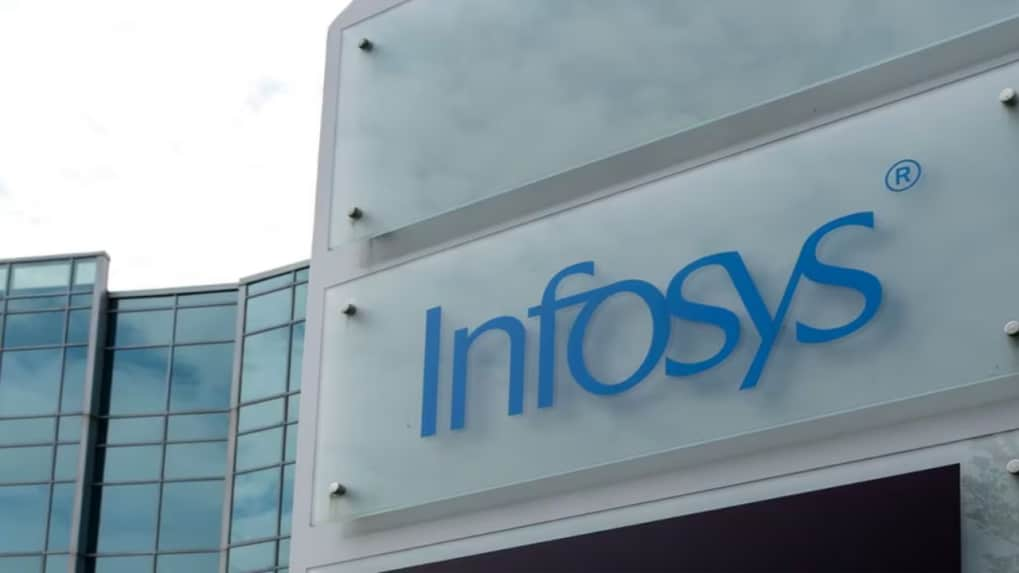Infosys report finds only 2% of enterprises ready for responsible AI in Agentic era
While 78% of surveyed companies view RAI as a driver of business growth, only 2% have established adequate RAI controls to protect against reputational damage and financial loss.
ADVERTISEMENT
The Infosys Knowledge Institute (IKI), the research arm of Infosys, has released a comprehensive study highlighting significant gaps in the implementation of Responsible AI (RAI) across global enterprises, particularly in light of the rapid emergence of agentic AI. The report, Responsible Enterprise AI in the Agentic Era, surveyed more than 1,500 business executives and conducted interviews with 40 senior decision-makers across Australia, France, Germany, the UK, the US, and New Zealand.
The findings reveal a sharp contrast between ambition and preparedness. While 78% of surveyed companies view RAI as a driver of business growth, only 2% have established adequate RAI controls to protect against reputational damage and financial loss. The study examined the consequences of poorly managed AI systems, including privacy breaches, ethical lapses, bias or discrimination, regulatory violations, and inaccurate or harmful predictions. It found that 77% of organizations reported financial losses, while 53% suffered reputational harm due to AI-related incidents.
The scale of the problem is evident in the breadth of risk exposure. Nearly all C-suite and director-level executives (95%) reported experiencing AI-related incidents in the past two years, with 39% characterizing the damage as “severe” or “extremely severe.” Furthermore, 86% of executives familiar with agentic AI believe it will introduce new risks and compliance challenges.
The study also revealed that RAI capabilities remain underdeveloped for most enterprises. Only 2% of companies—classified as “RAI leaders”—met the full standards of Infosys’s RAI capability benchmark, known as “RAISE BAR.” Another 15% were identified as “RAI followers,” meeting three-quarters of the benchmark standards. The report found that RAI leaders suffered 39% lower financial losses and 18% lower severity from AI incidents compared to their peers. These leaders excelled in areas such as improving AI explainability, proactively addressing bias, conducting rigorous testing and validation, and maintaining clear incident response plans.
Executives remain optimistic about RAI’s potential. The report noted that 78% of senior leaders see RAI as a revenue growth enabler, and 83% believe that future AI regulations will encourage rather than hinder the rollout of new AI initiatives. However, most companies estimate they are underinvesting in RAI by around 30%, creating a gap between adoption speed and governance readiness.
Infosys urged businesses to shift their perspective on RAI from a reactive compliance measure to a proactive strategic advantage. The company recommended that enterprises study the practices of high-maturity RAI organizations, combine decentralized product innovation with centralized governance frameworks, embed RAI guardrails into secure AI platforms, and establish dedicated RAI offices to monitor risk, set policy, and scale governance using tools like Infosys’ AI3S framework—Scan, Shield, Steer.
Balakrishna D.R., EVP – Global Services Head, AI and Industry Verticals, Infosys said, “Drawing from our extensive experience working with clients on their AI journeys, we have seen firsthand how delivering more value from enterprise AI use cases, would require enterprises to first establish a responsible foundation built on trust, risk mitigation, data governance, and sustainability. This also means emphasizing ethical, unbiased, safe, and transparent model development. To realize the promise of this technology in the agentic AI future, leaders should strategically focus on platform and product-centric enablement, and proactive vigilance of their data estate. Companies should not discount the important role a centralized RAI office plays as enterprise AI scales, and new regulations come into force.”
Jeff Kavanaugh, Head of Infosys Knowledge Institute, Infosys, said, “Today, enterprises are navigating a complex landscape where AI's promise of growth is accompanied by significant operational and ethical risks. Our research clearly shows that while many are recognizing the importance of Responsible AI, there's a substantial gap in practical implementation. Companies that prioritize robust, embedded RAI safeguards will not only mitigate risks and potentially reduce financial losses but also unlock new revenue streams and thrive as we transition into the transformative agentic AI era.”
With enterprise AI adoption outpacing governance capabilities, the report calls for urgent action to ensure that AI systems remain trusted, scalable, and aligned with ethical and regulatory standards while driving sustainable business growth.
Read More: Generative AI could boost banking efficiency in India by 46%, says RBI
Read More: Russia curbs voice calls on Telegram and WhatsApp, citing legal violations
Read More: Calls grow for tougher regulations on WhatsApp, Telegram as spam threatens brand safety


